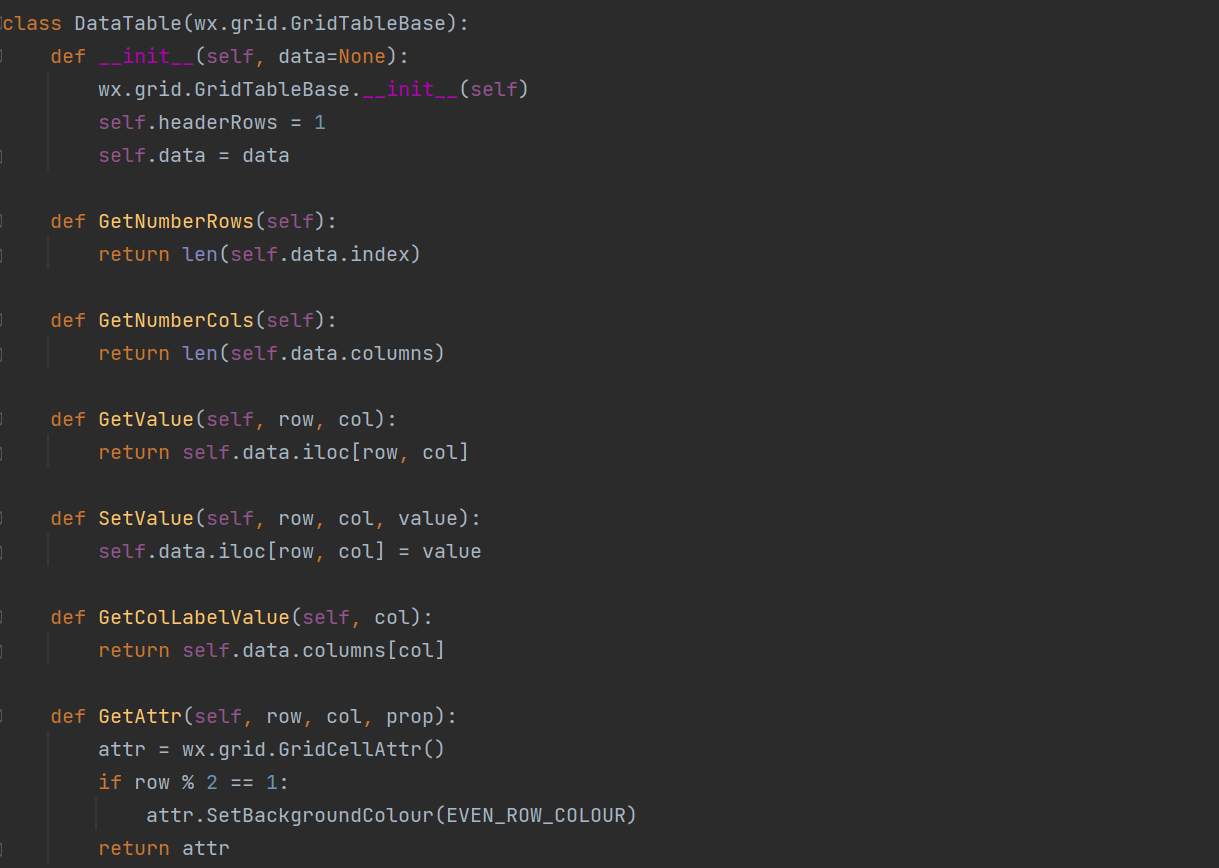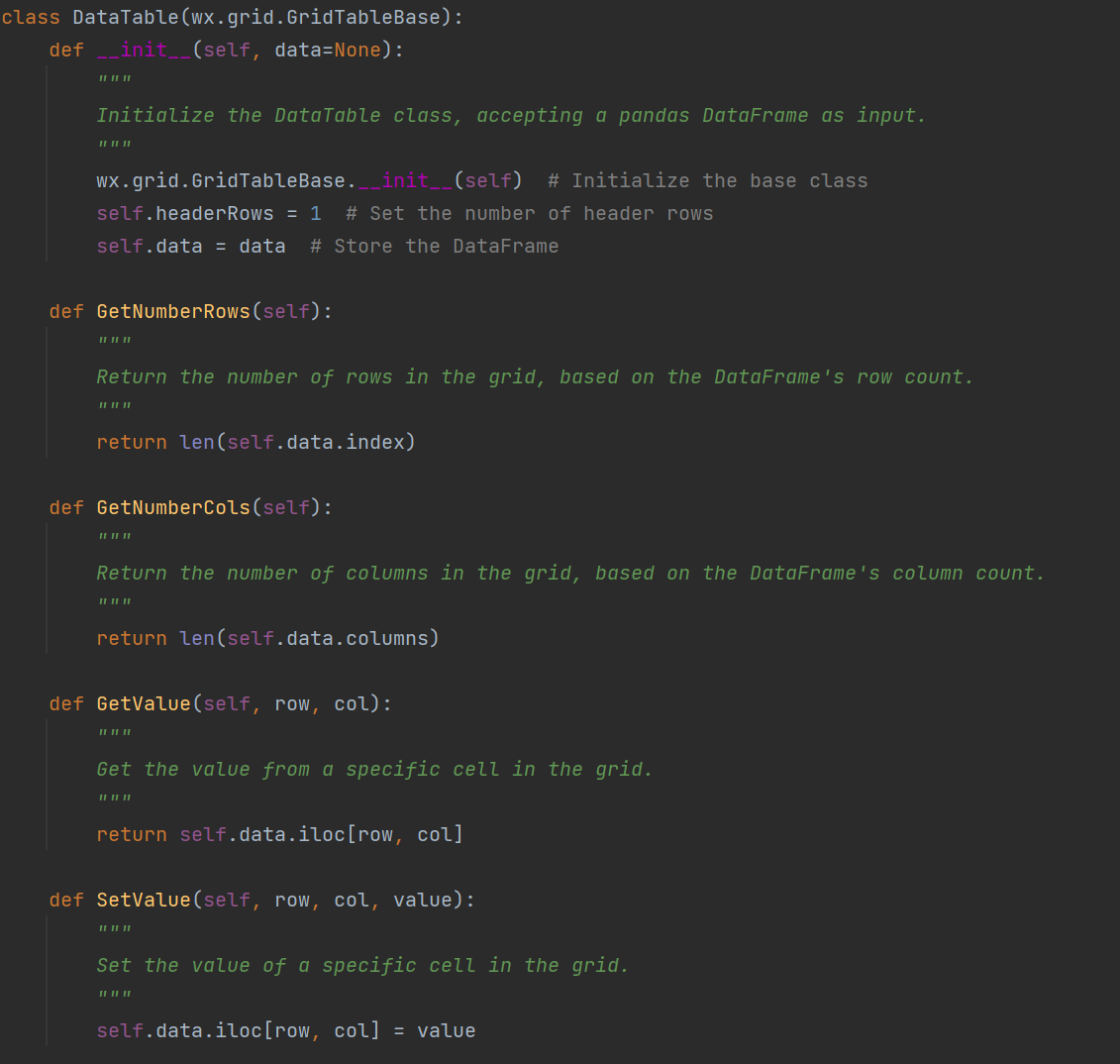Critical Reflection of WIL Placement
At the start of my placement, I was tasked with developing several complex features for our project, including a content search system and a AI model back-up plan. Driven by excitement and confidence in my coding skills, I immersed myself in writing the code. I believed that because I was the one developing these features, I would have no trouble recalling the logic and structure later on. As a result, I did not see the immediate need to write detailed comments explaining the purpose and functionality of different sections of the code. I thought that the time spent writing comments could be better utilized in coding more features or refining existing ones.

This decision was influenced by my belief that my familiarity with the project would enable me to remember the intricate details of the code, even if I revisited it months later. My focus was entirely on getting the code to work, assuming that I would always understand it when needed. In hindsight, this was a serious oversight.
As the project evolved and the codebase grew in size and complexity, the consequences of my decision became increasingly evident. Whenever I needed to revisit and modify code that I had written weeks or even days earlier, I found myself struggling to recall the exact logic and flow. What should have been a simple task of tweaking or extending the code turned into a frustrating and time-consuming process of reinterpreting my own work.
The absence of comments meant that I had to mentally reconstruct the purpose and function of each part of the code from scratch. This not only slowed down my progress but also introduced the risk of errors, as I was not always certain that my recollection of the code's logic was accurate.
This experience was a wake-up call and highlighted a significant gap in my approach to software development. I realized that my overconfidence had led me to ignore a fundamental aspect of professional coding practices. The time and effort I spent trying to understand my own code could have been minimized, or even entirely avoided, had I taken the time to write clear and comprehensive comments. This would have not only made my work more efficient but also made the codebase more maintainable and accessible to others.
Moreover, I came to understand that comments are not just for the immediate benefit of the original coder. They are crucial for ensuring that the code is easily understandable and modifiable by others who may work on the project in the future. In a professional setting, where code is often shared and maintained by multiple developers, the absence of comments can lead to misinterpretation, errors, and a significant loss of productivity.
The realization that my decision to skip writing comments was driven by overconfidence and a lack of foresight was humbling. It underscored the importance of adhering to best practices, not just for the sake of professionalism, but also for the practical benefits they bring in terms of efficiency, accuracy, and collaboration. This experience has profoundly impacted my perspective on software development, shaping me into a more thoughtful and responsible programmer.

Moving forward, I am committed to making thorough code commenting an integral part of my coding process. I plan to adopt a systematic approach where I document not only what the code is doing but also the reasoning behind certain decisions, especially in complex or non-obvious sections of the code. This will include explaining the purpose of functions, the logic behind certain algorithms, and the intended outcomes of the code. By doing so, I will ensure that my code is not only understandable to my future self but also to any colleagues or collaborators who may need to work with it.
To reinforce this practice, I will seek feedback from peers and mentors on my commenting style and the clarity of my documentation. This will help me to continually improve and ensure that I am meeting professional standards. Additionally, I will make a conscious effort to review and update comments regularly, especially when the code undergoes significant changes.
This experience has taught me a valuable lesson about the importance of humility and continuous learning in my professional development. I now understand that best practices, such as writing comments, are not just arbitrary rules but are essential for maintaining the quality and sustainability of code. As I continue my career in IT, I will carry this lesson with me, striving to improve not only my technical skills but also my adherence to the principles that ensure long-term success in software development. This shift in perspective has deepened my appreciation for the collaborative nature of our field and the responsibility we have as developers to create code that stands the test of time.